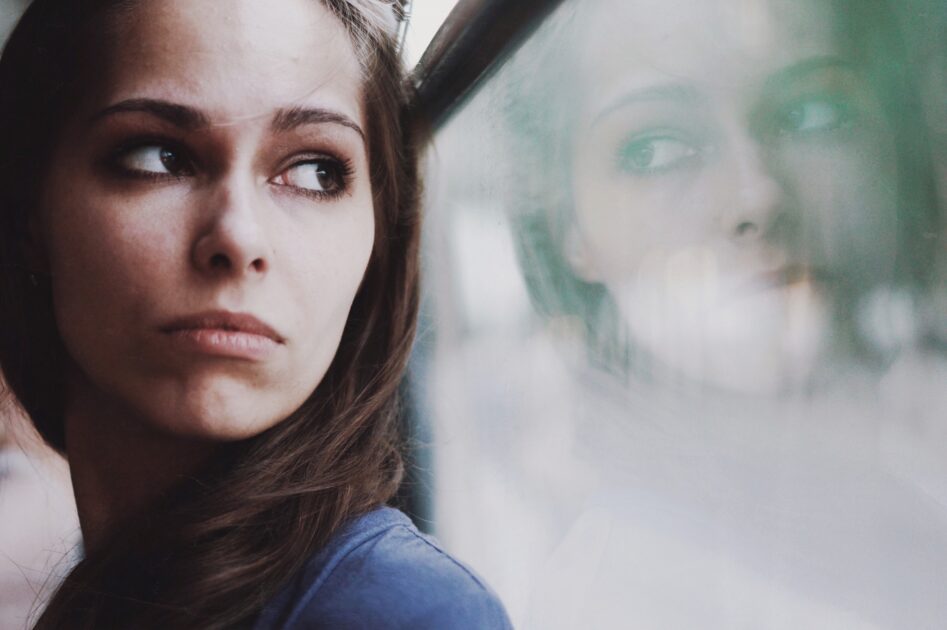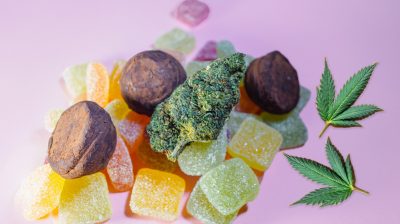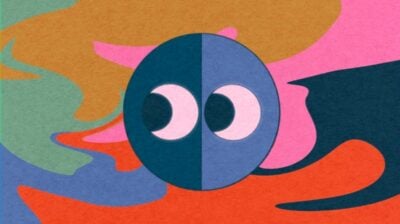What to do if you are dependent on drugs
There is help and support out there for people who are experiencing drug dependency

Remember: All drugs, including the misuse of prescribed medication, can pose serious health risks, up to and including possible death.
If someone is dependent on drugs, it means they feel like they need to take drugs in order to be able to function. It’s important to know that there is help out there for people who are dealing with drug dependency. You can call the HSE Drugs & Alcohol Helpline on 1800 459 459 to access information and support.
If there is a drug emergency such as an overdose, call 999 or 112 straight away, and be honest with the medics about what they have taken – they are there to help.
Signs a person could be dependent on drugs
The most obvious sign that you (or someone you know) are addicted to something is the feeling that you need to have it or do it. There are other signs – listed below. You may have some of the signs and not others. These signs can also be caused by other issues: talking to a doctor is the best way to find out if you have a problem.
Psychological signs
- Using drugs to forget your problems
- Withdrawing from your family and friends or keeping your drug use a secret from them
- Your drug use is affecting relationships – with family, friends or boyfriends/girlfriends
- Losing interest in activities that used to be important
- Having problems at work, school or college because of your drug use
- Spending all your time with people who use drugs
- Spending a lot of time planning how to get drugs
- Owing money because of your drug use
- Thinking about stealing so that you can afford to buy drugs
- Not being able to stop taking drugs, even though you have tried
- Mood swings, anxiety or depression can be linked to drug use
Physical signs of dependency
- Changes in sleeping patterns – finding it very difficult to get to sleep or sleeping unusual hours
- Feeling shaky, with flu -like symptoms or feeling sick when you try to stop taking the addictive substance
- Needing to take larger amounts of the substance to get the same effects
- Losing a lot of weight or putting on a lot of weight
Treatment for drug dependency
There are various treatment options available once you decide that you are ready to get help for addiction. Not all types of treatment are the same and it’s important that you talk to your doctor or the support services in your area to find out which treatment is best for you. Never be afraid or embarrassed to ask for help or support – there are people and services available specifically to help you beat addiction.
Reducing harm
If you aren’t able to stop taking drugs yet, there is still treatment available to improve your health and reduce the harm that drugs are doing to you. Or you might need treatment to prevent your drug use from getting worse: talk to the support services in your area for advice and information.
Counselling
Talking to a trained counsellor may help you realise why you have a drug problem and help you overcome that problem.
Medication
If you tell a doctor that you take heroin, they might prescribe a replacement drug, like methadone. Methadone and other substitute drugs can help reduce the amount of heroin you take and help you stop taking drugs altogether. Or they can just help prevent your drug use from getting worse.
Needle exchange
If you inject drugs then it’s important that you use clean needles every time you inject. You can get free needles and advice and support from needle exchanges. Ask your doctor or the support services in your area about where the nearest needle exchange is. Some pharmacies participate in a free needle exchange programme. The pharmacies who offer this service will display the following logo:
Hospital, residential rehab or clinic treatment
If you are finding it difficult to stop taking drugs while living at home, then consider the option of going into hospital, a residential rehab or to a clinic that will offer a supportive atmosphere and treatment. Ask your doctor or the support services in your area about what option is most suitable for you and where the nearest hospital, residential rehab or clinic for addiction treatment is.
After treatment
Don’t be afraid to ask for continuing support after your addiction treatment is finished. A doctor, support service or counsellor can provide aftercare that will help keep you off drugs and deal with any other problems you might have. It can also help to join a support group such as Narcotics Anonymous.
To find a support service near you check out the Drugs.ie website which has information on where to find help in Ireland for a range of different addictions.
Supports and Services
- Drugs.ie: Online information and support for drug and alcohol use. Includes a national directory of drug and alcohol services
- HSE Drugs, Alcohol, HIV and Sexual Health Helpline: Freephone 1800 459 459.
- The Club Drug Clinic offers advice, support and detoxification for GHB (Liquid Ecstasy, G) and other chemsex and club drugs is an integrated person centred specialist addiction service: Tel 016488600
- Rialto Community Drug Team
- Find a local service through the National Directory for Drug and Alcohol Services at Drugs.ie






